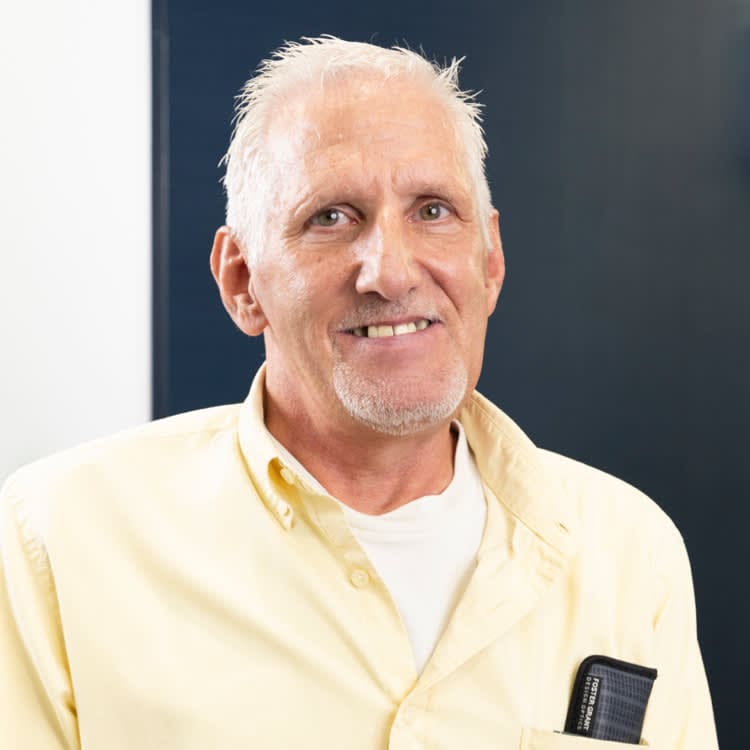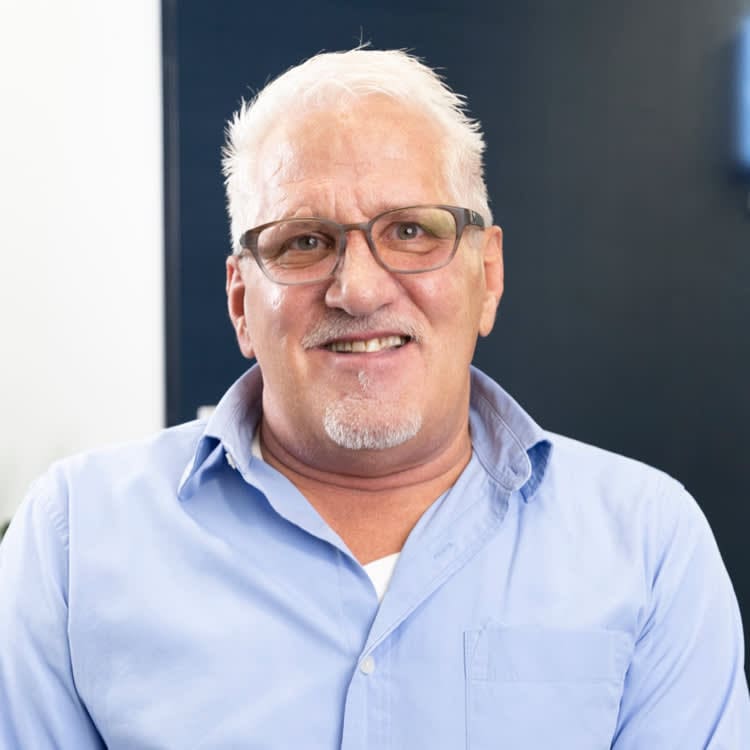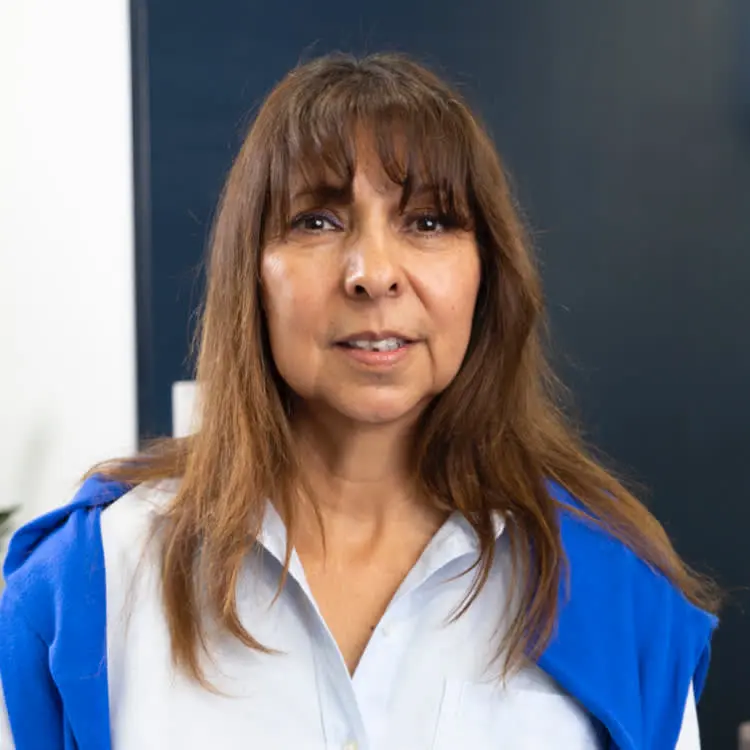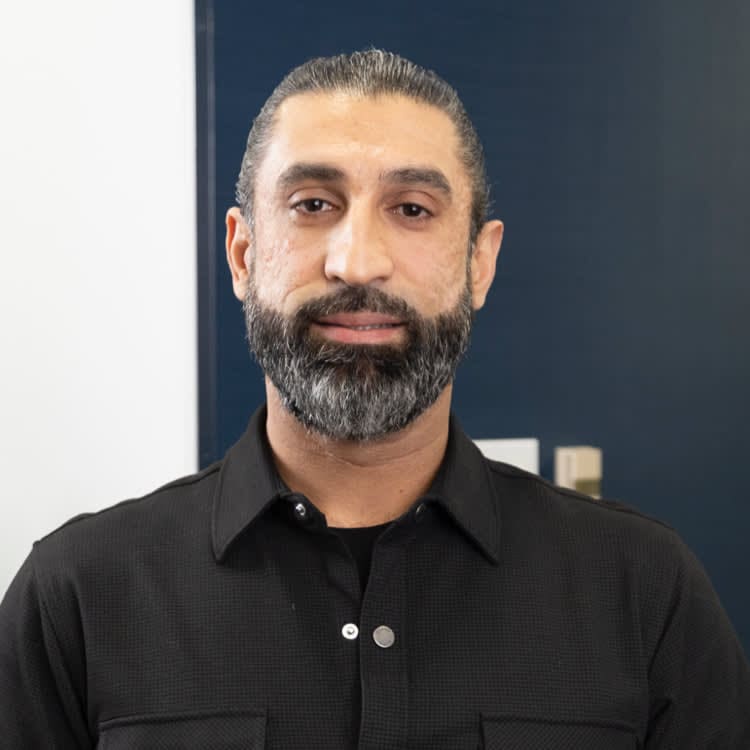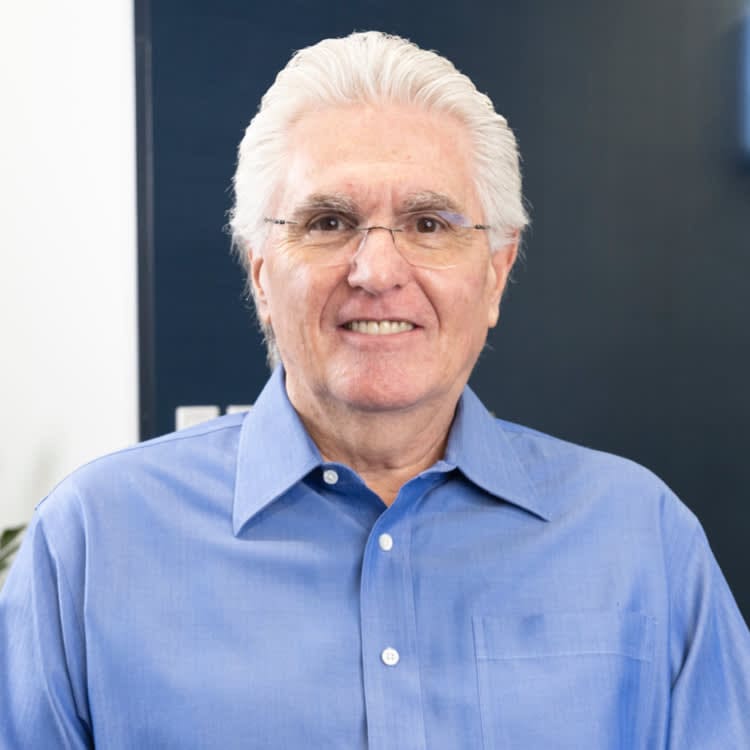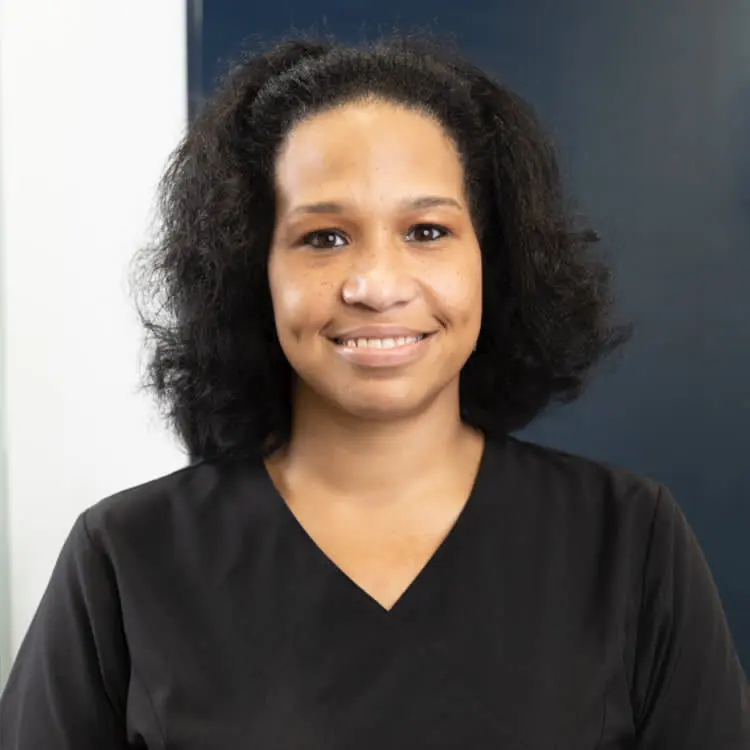Jaw Surgery Surgically Realign the Jaws to Improve Health & Function
When the jaws are misaligned, you may experience difficulty performing everyday tasks like eating, speaking, and even breathing. Jaw surgery, also called orthognathic surgery, is a procedure that involves surgically repositioning the upper and lower jaws, producing life-changing results. If you have experienced a traumatic facial injury or suffer from chronic facial pain or congenital defects, jaw surgery can drastically improve your long-term oral health, function, and comfort.
Dr. Aynechi is a board-certified oral and maxillofacial surgeon and physician. At Beverly Hills Oral Maxillofacial Surgery & Dental Implants, we use the latest technology to plan out every detail of the jaw surgery procedure, ensuring our patients' safety and achieving predictable clinical outcomes. To find out if jaw surgery is right for you, contact our office in Beverly Hills, CA. Dr. Aynechi will create a custom treatment plan to address your oral health needs.
Benefits of Jaw Surgery
There are many benefits of orthognathic surgery that you can enjoy for the rest of your life, such as:
- Improve your ability to bite and chew food
- Correct speech problems
- Improve facial aesthetics and boost your self-confidence
- Relieve chronic facial pain or TMJ pain
- Prevent excessive tooth wear
Reasons for Orthognathic (Jaw) Surgery
There are many conditions that may require corrective jaw surgery. When the jaws are misaligned, it may be difficult to take a full bite out of food, chew food thoroughly, or swallow. Misaligned jaws may also contribute to sleep apnea, which is a condition where the airway becomes blocked during sleep, reducing or stopping airflow to the brain.
If you experience one or more of these conditions, contact our office in Beverly Hills for a consultation to see if orthognathic surgery is right for you.
- Facial asymmetry
- Difficulty chewing
- Excessive wear of teeth
- Bite problems, such as an open bite where the front teeth do not come together when the mouth is closed
- The lips do not meet without straining
- Facial trauma
- Congenital defect
- Weak or recessed chin
- Protruding jaw
- Chronic mouth breathing, which can cause dry mouth
- Obstructive sleep apnea
- TMJ disorders or chronic jaw joint pain
Jaw Surgery Procedure
Treatment for a misaligned jaw will vary depending on the cause of the misalignment and other health considerations. When you visit our office for the first time, Dr. Aynechi will closely evaluate your oral health and take 3D scans of your face and jaws to create a custom care plan. Prior to undergoing jaw surgery, you will begin orthodontic treatment. Your orthodontist will use braces to prepare your teeth and jaws for surgery and, once ready, surgery is performed.
When undergoing jaw surgery, you will be under general anesthesia. This will render you totally unconscious. You will not feel any pain or remember any part of the procedure. During the procedure, your oral surgeon will make incisions to access the jaw bones. Incisions are made inside of the mouth whenever possible to prevent visible scarring. Your surgeon will manipulate and align the jaw, then use plates or screws to secure it in place. Sutures are placed as needed and you will recover in the hospital for a few days before you are sent home.
After your procedure, your orthodontist will continue aligning your teeth with braces. Your braces are removed after the desired orthodontic results have been achieved. Your total treatment time will vary depending on how long you need to wear your braces for. The initial healing time after surgery will take about 6 weeks, while complete healing may take about a year.
Types of Anesthesia
There are many types of anesthesia and sedation available.
Jaw Surgery
Dr. Aynechi offers many oral and maxillofacial surgery procedures to patients of all ages, including corrective jaw surgery. This life-changing procedure can help you achieve a healthy, functioning jaw and significantly improve your ability to eat, speak, and smile confidently. Contact our office in Beverly Hills, CA, to schedule a consultation and to see if orthognathic surgery is right for you.
Hear From Dental Implants Patients
These patients can tell you about their firsthand experience undergoing dental implants at our office.
Frequently Asked Questions
Are bone grafts used during jaw surgery?
Patients who undergo jaw surgery typically require bone grafts. The type of bone graft needed will depend on the quantity of bone needed. To repair larger skeletal defects, major bone grafting may be suitable. These types of bone grafts are harvested from the patient's own bone and can easily be used to repair the cheek or jaw bones.
What is the ideal age for jaw surgery?
In order to undergo corrective jaw surgery, the jaws must be fully developed. This is usually around ages 14–16 for females and 17–21 for males. The right age to undergo jaw surgery will depend on your specific condition. Jaw surgery is an effective procedure for patients in their late teens and beyond.
Do you look the same after jaw surgery?
In the weeks and months following jaw surgery, your face will be swollen as it heals. Residual swelling may last around a year, so it may make it difficult to see your true final results until this time has passed. Because this procedure involves repositioning the jaws, your face will look different afterwards. Your jawline, position, and the way your teeth fit together will be different. Jaw surgery is also combined with orthodontic treatment, so you will achieve a beautiful smile in addition to a beautifully aligned and symmetrical jaw.
How long does jaw surgery take?
The jaw surgery procedure itself will take about 2 hours for the upper or lower jaw. Double jaw surgery may take around 4 hours or longer. After the procedure, you can expect to stay in the hospital for a few days.
Los Angeles’s Destination for Oral Surgery Excellence
Experience outstanding patient care from a team you can trust. Contact Beverly Hills Oral Maxillofacial Surgery & Dental Implants to schedule an appointment and see how oral surgery can improve your health and confidence.

